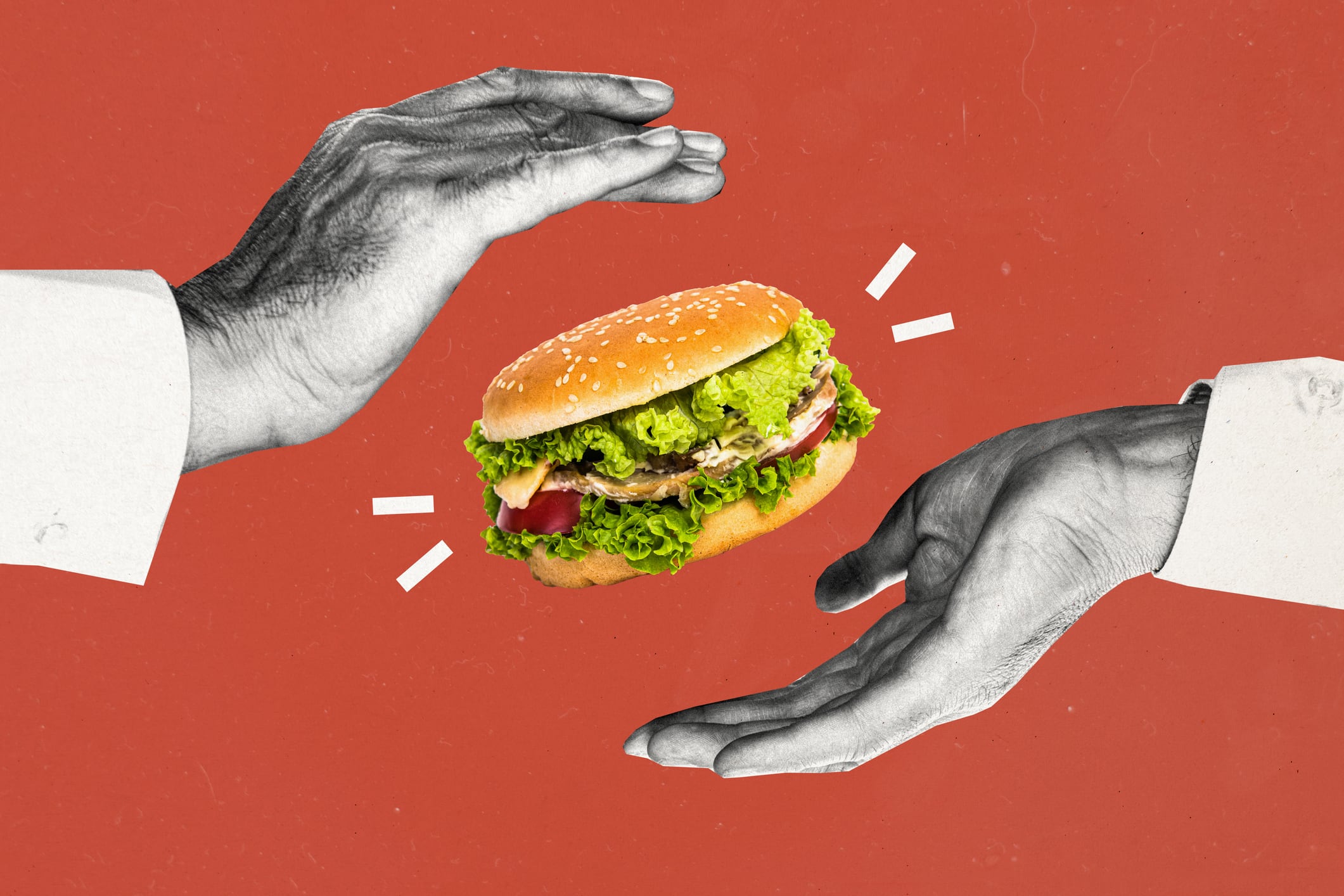How do ultra-processed foods damage most organs in the body summary
- Ultra-processed foods linked to adverse effects in nearly all organs
- Research shows UPFs disrupt food structure and reduce protective nutrients significantly
- Associated illnesses include diabetes, heart disease, kidney disease and mental health issues
- Toxic packaging components may contribute to widespread organ system damage globally
- Experts urge urgent policy action to curb ultra-processed diet adoption worldwide
Ultra-processed foods have been heavily criticised from a range of quarters, from the global bodies such as the UN’s World Health Organisation to national health bodies.
Now, medical journal the Lancet has published a wide-ranging three paper series alleging that ultra-processed foods, and specifically the adoption of the ‘ultra-processed diet’, are responsible for an increase of chronic disease worldwide.
According to the studies, an increased uptake of ultra-processed foods, or UPFs, causes a deterioration of diet quality, not just because UPFs are commonly high in fat, salt and sugar (HFSS), but also that they are hyperpalatable, low in health-protective phytochemicals, are made with processing that disrupts food matrices, and are energy dense. Even toxic components from packaging may play a role.
Ultra-processed foods have been linked to a wide range of chronic disease and illness, including type 2 diabetes, cardiovascular disease, coronary heart disease, chronic kidney disease, Crohn’s disease, depression, and all-cause mortality.
Crucially, the paper says, UPFs are linked to adverse outcomes in nearly all human organ systems.
The papers draw on over a hundred studies on the outcomes of ultra-processed foods, and, according to the paper, fulfil most of the key criteria for causality.
Why the alarm now? Because ultra-processed diets are now overtaking less processed diets worldwide, note the authors.
Public policy should target UPFs directly, the researchers say, rather than just focus on ingredients (for example, legislation targeting HFSS foods), due to the specific harms linked to them.
Currently, few health policies directly address ultra-processed foods. But with the Lancet papers adding weight to the evidence, that could be about to change.





